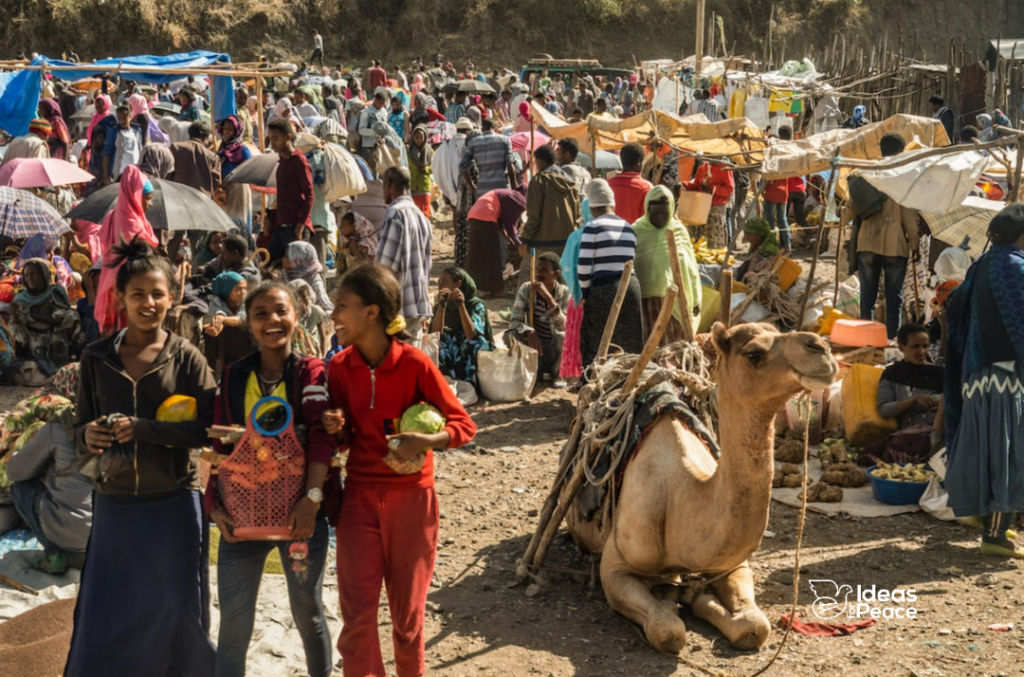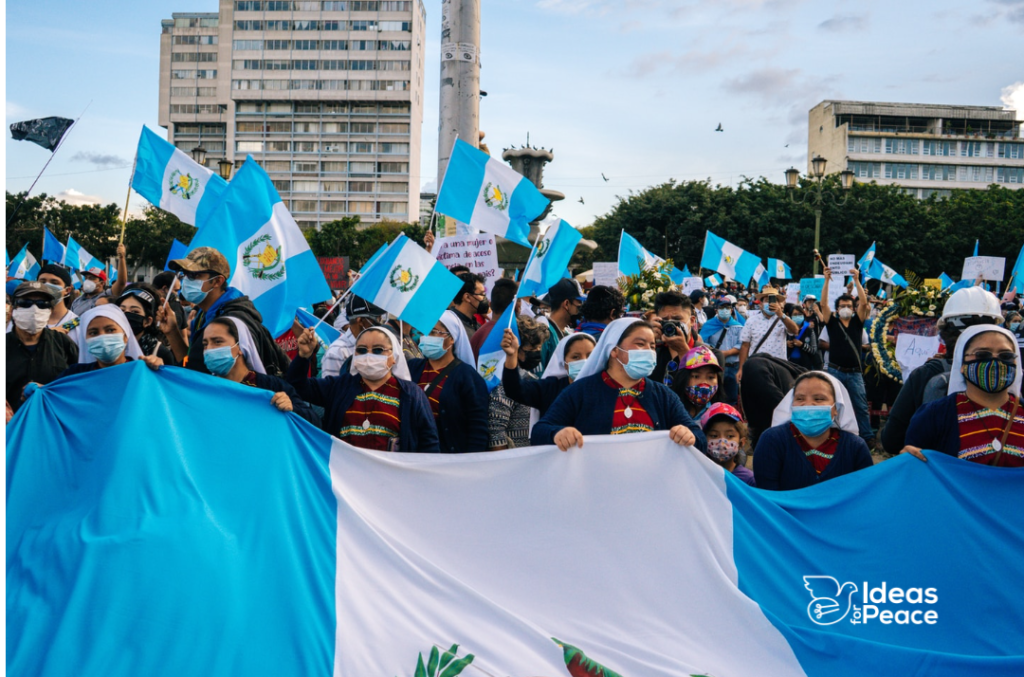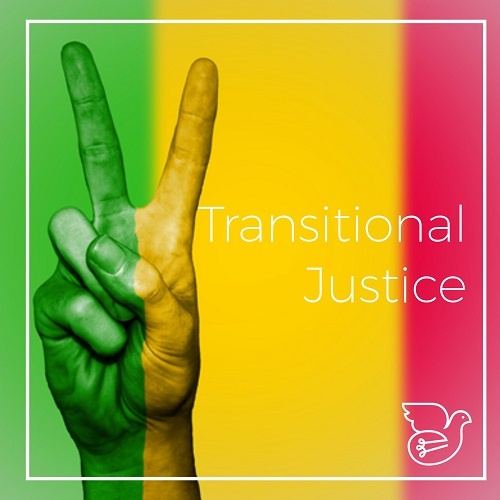Reimagining Sustainable Peace in Tigray: A Transitional Justice Perspective

Reimagining Sustainable Peace in Tigray: A Transitional Justice Perspective Author: Markus Penda Mulandula Angula Published on 5 June 2023 According to Andrews, P. (2015), ‘transitional justice mechanisms are non-judicial bodies set up by governments after armed conflict or internal political violence. These mechanisms usually reflect the compromise reached between warring parties during negotiations to end […]
Prácticas restaurativas: el rol de la Comisión Internacional contra la Impunidad en Guatemala

Prácticas restaurativas: el rol de la Comisión Internacional contra la Impunidad en Guatemala (CICIG) Autor: Mauricio Abraham Rosales Schettini Traducido al inglés por Leah Ann Durst-Lee Luego de un Conflicto Armado Interno (CAI) de 36 años (1960-1996) los acuerdos de paz en Guatemala supusieron la llegada de un nuevo capítulo en la reconstrucción de una […]
Transitional justice for Mali: The impasse?

Transitional justice for Mali: The impasse? Author: Odette Pires Translated into Spanish by Florencia Prieto For eight years now, Mali has been a scene of a series of armed conflicts involving multiple local, regional, and international actors that are getting more and more entangled in a dead end. Important stakeholders such as France, the United-States, […]
Prosecution or Impunity? Is there an Alternative?
Marco Fanara analyzes the justice and peace relationship between prosecution and impunity, weighing the costs and benefits of both, seeking answers to the questions of whether states should seek ‘justice’ and prosecute, or grant impunity in the name of ‘reconciliation’? Are there alternatives? Utilizing the case study of Uganda and the ICC’s involvement therein, Fanara’s essay presents arguments for and against both camps, working to answer the question of whether impunity acts as a barrier to lasting peace, or is it a crucial prerequisite?
Reparation of Victims: Seeking a Bottom-up Approach to Transitional Justice
M’bartee Locula examines the role of reparation for victims in post-conflict transitional justice initiatives, highlighting cases in Liberia and Sierra Leone. He emphasizes the need to prioritize further remuneration and justice-seeking for victims over DDR processes, which favor perpetrators, in order to foster reconciliation toward sustainable peace.
The Fight in Arizona for Progressive Education in the Classroom
There is a huge debate in Tucson, Arizona regarding the elimination from the school curriculum of specific lessons in Mexican-American studies. The argument is that these lessons cause rifts between the school children, further dividing different ethnicities and causing an anti-USA campaign. However, in attempts to protest the new legislation, others argue for the value of the teachings and are pushing to continue the lessons that have been taught for decades. Shakena Goode offers an educated opinion on the situation, with hope for the future of educational liberty in Tucson and beyond.
Transitional justice: Embracing the complexities
Transitional Justice is a field of complexities and differing perspectives. Through analysis of truth commissions and amnesties as transitional justice solutions, Pamela Kovacs argues that embracing this complexity is necessary. Terminology like “victim-centred” and “justice” attempt to simplify and categorize behaviours and past injustices that are inherently complicated and perspective-driven.
